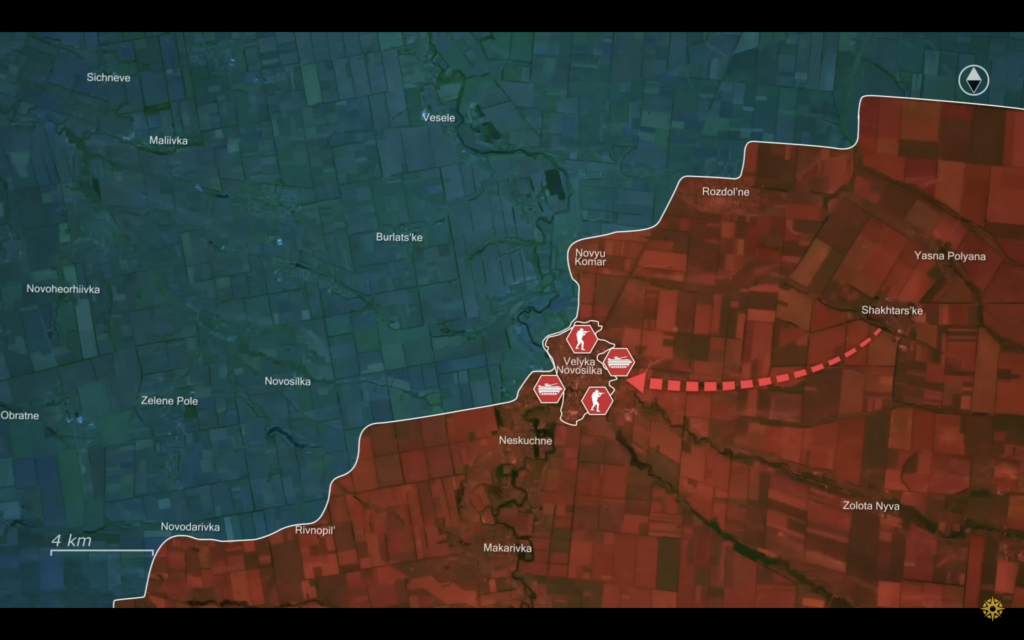Navy identifies 2 female pilots killed in Washington state crash
The Navy has identified the two crew members who went missing and were later declared dead after their EA-18G Growler jet crashed in Washington state last week. Naval aviator Lt. Serena “Dug” Wileman, 31, and naval flight officer Lt. Cmdr. Lyndsay “Miley” Evans, 31, both from California, were found dead after their routine training flight crashed in...

The Navy has identified the two crew members who went missing and were later declared dead after their EA-18G Growler jet crashed in Washington state last week.
Naval aviator Lt. Serena “Dug” Wileman, 31, and naval flight officer Lt. Cmdr. Lyndsay “Miley” Evans, 31, both from California, were found dead after their routine training flight crashed in rugged terrain east of Mount Rainier on Tuesday, the Navy said in a Monday statement.
“More than just names and ranks, they were role models, trailblazers, and women whose influence touched countless people on the flight deck and well beyond,” the Navy said in the release.
The two, who were part of the Electronic Attack Squadron 130 at Whidbey Island Naval Air Station, were spotted Wednesday about 6,000 feet above sea level in a remote, snow-covered and heavily wooded area. The rugged terrain made it difficult to reach the wreckage until this weekend, with Army Special Forces soldiers brought in to help.
Wileman, who was commissioned in the Navy in July 2018, joined the squadron known as the “Zappers” in November 2022 — her first unit assignment following flight training, according to her Navy bio.
Evans enlisted in the Navy in August 2010 and was commissioned as an officer through the Reserve Officer Training Corps at the University of Southern California in May 2014. She served on the Zappers from November 2017 to August 2020 then again starting September 2023.
The two recently returned from a nine-month deployment aboard the USS Dwight D. Eisenhower aircraft carrier in the Southern Red Sea, Bab el-Mandeb Strait and the Gulf of Aden to “maintain the freedom of navigation in international waterways” and “degrade the Houthi capability to threaten innocent shipping,” the Navy said in an earlier statement.
While deployed, they were two of the few women to fly combat missions against the Houthis in Yemen and participated in multiple strikes against the militant group.
“During their deployment, both Evans and Wileman distinguished themselves in combat operations,” according to the Navy. “Their efforts directly contributed to the Navy’s mission defending U.S. and Coalition forces while keeping the seas open and free with precision and purpose. These role models cemented legacies by making history that will inspire future generations of Naval officers and aviators.”


